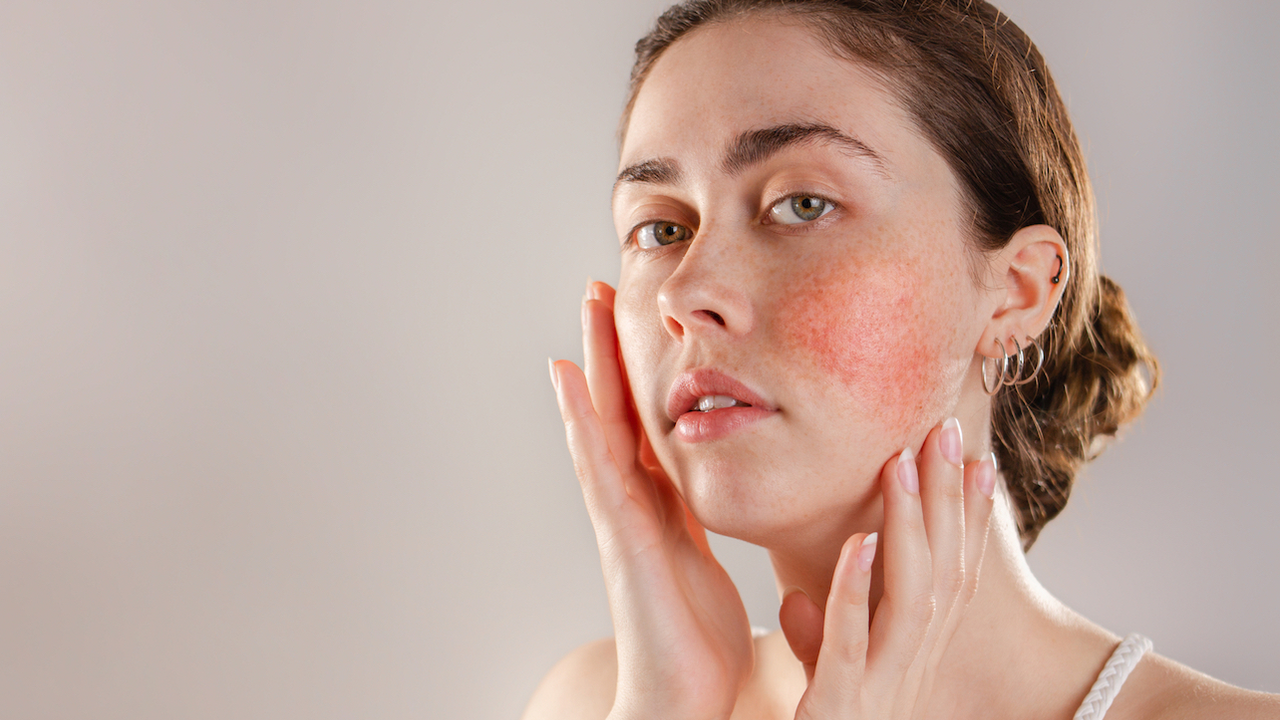Skin Conditions: Simple Ways to Treat Redness, Itch, and Breakouts
Red, itchy, flaky skin can ruin your week. Whether it’s a sunburn, rosacea flare, eczema patch, or acne breakout, you don’t always need a prescription — but you do need the right approach. This page gives clear, no-nonsense tips for what to try at home, when to see a skin doctor, and how to buy common skin meds safely online.
Quick care for common skin issues
Sunburn: Cool compresses, aloe gel, and ibuprofen can reduce pain and inflammation. Avoid peeling the skin and keep drinking water. If blisters cover a large area, you have fever, or faintness, seek medical help.
Rosacea vs sunburn: Rosacea usually shows persistent facial redness, small visible blood vessels, and sometimes pimples. Sunburn appears after sun exposure and improves over days. If redness lasts, worsens, or stings without obvious sun exposure, see a dermatologist — rosacea needs different care than sunburn.
Acne: Start with a gentle cleanser and an over-the-counter benzoyl peroxide or salicylic acid product. For stubborn cystic acne, topical tretinoin or a prescription may be needed. Tretinoin speeds skin turnover and helps clear pores, but it can irritate at first — use a low concentration and sunscreen.
Eczema and itch: Moisturize often with a fragrance-free cream. Short courses of 1% hydrocortisone can reduce flare-ups. If itching is severe or sleep is affected, doctors may consider antihistamines or prescription creams.
When to see a dermatologist & buying meds safely
Make an appointment if a rash spreads fast, won’t heal, causes severe pain, bleeds, or looks infected (yellow crust, warmth, pus). Also see a doctor if over-the-counter care doesn’t help in two weeks.
Buying skin meds online is common, but be careful. Use licensed pharmacies, check reviews, and avoid sites that sell prescription drugs without asking for a prescription. For products like tretinoin, choose pharmacies that require a prescription and show clear contact details and pharmacy licensure. If you’re in Australia, look for local guidance and reliable suppliers that comply with Australian rules.
Special cases: For toddlers and kids, dosing matters. Meds like hydroxyzine are used for itching or allergies in children but only under pediatric advice. Never guess the dose — call your child’s doctor if symptoms persist or you’re unsure.
Final tip: Sunscreen and gentle skin care go a long way. Broad-spectrum SPF 30+, avoiding harsh scrubs, and patch-testing new products can prevent many problems. If you’re unsure what’s causing your skin issue, a quick visit to a dermatologist will save time and prevent mistakes.
Skin Chafe and Skin Conditions: How to Tell the Difference
Hey there, I know how confusing it can be to figure out whether you’re dealing with just a little skin chafe or a more serious skin condition. I’ve been through that struggle myself, so I’m here to share some insights with you all. In this post, I'll be exploring the differences between these skin issues and offering tips for identification and treatment. Stick around to finally get some clarity on those pesky skin irritations that just won't go away—because we all deserve to feel comfortable in our own skin, right?
Keep Reading
